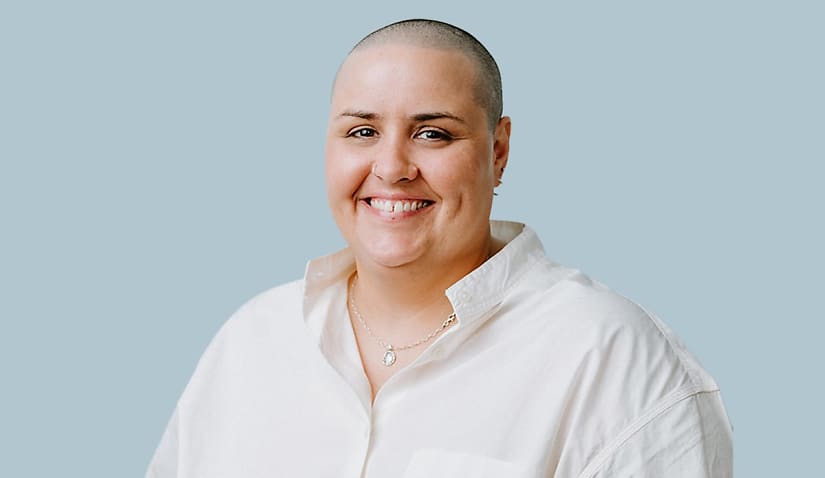As practitioners, law firm owners and ultimately as humans, we all want to do more to create a safe, inclusive space for our LGBTQIA+ team members, clients, and community, writes Rachael Hoskins.

But it can be overwhelming to know where to start, particularly as a small business that doesn’t have a large budget for big initiatives.
I’m a senior conveyancer at a firm in the inner north of Melbourne that also practises in estates and family law. I’ve been practising for 15 years, and I am a proud queer person with a gender-diverse partner. You might think these areas of law are gender-neutral and don’t need particular sensitivity when assisting clients with diverse gender identities.
From my lived experience, I can tell you this is not the case. That said, there are also some small things firms can do that don’t need a big budget and can make a big difference to a client’s experience in these areas of law.
We have marriage equality now in Australia. But there has been a history of discrimination in these areas of law, whether that is lack of spousal recognition, questioning of relationships, or family members written out of wills due to LGBTQIA+ status. You can understand why these areas of law might make clients anxious.
Practitioners need to be aware of this background when taking instructions. Our firm has designed its systems to not make assumptions about people’s experiences, family structures or identities. For example:
But not all instructions are collected via a form. Lawyers need the same open-mindedness when taking instructions via a conversation. This doesn’t cost money or take extra time. It just needs lawyers to be aware of how they phrase questions and make assumptions about people’s circumstances and identities. Training and regular conversations help build this awareness.
As a conveyancer, an area where I can make an impact is being aware of how the conveyancing process can be triggering for gender-diverse clients and training our team in this. The integrity of our Torrens system turns on conveyancing practitioners identifying clients. Where a title or old identity documents are in a client’s deadname, or refer to pronouns that they no longer identify with, this can be traumatic, especially if a client isn’t aware they are going to be asked to establish their identity or are sent a document noting their deadname without explanation. We can’t change these identity requirements as practitioners, but we can walk with clients through this process. And we can advocate for outdated systems to change, whether that is pronouns in software or more inclusive titles in State Revenue Office forms.
Other small things we do as a firm that don’t cost the world include:
Rachael Hoskins is a senior conveyancer at Nest Legal.